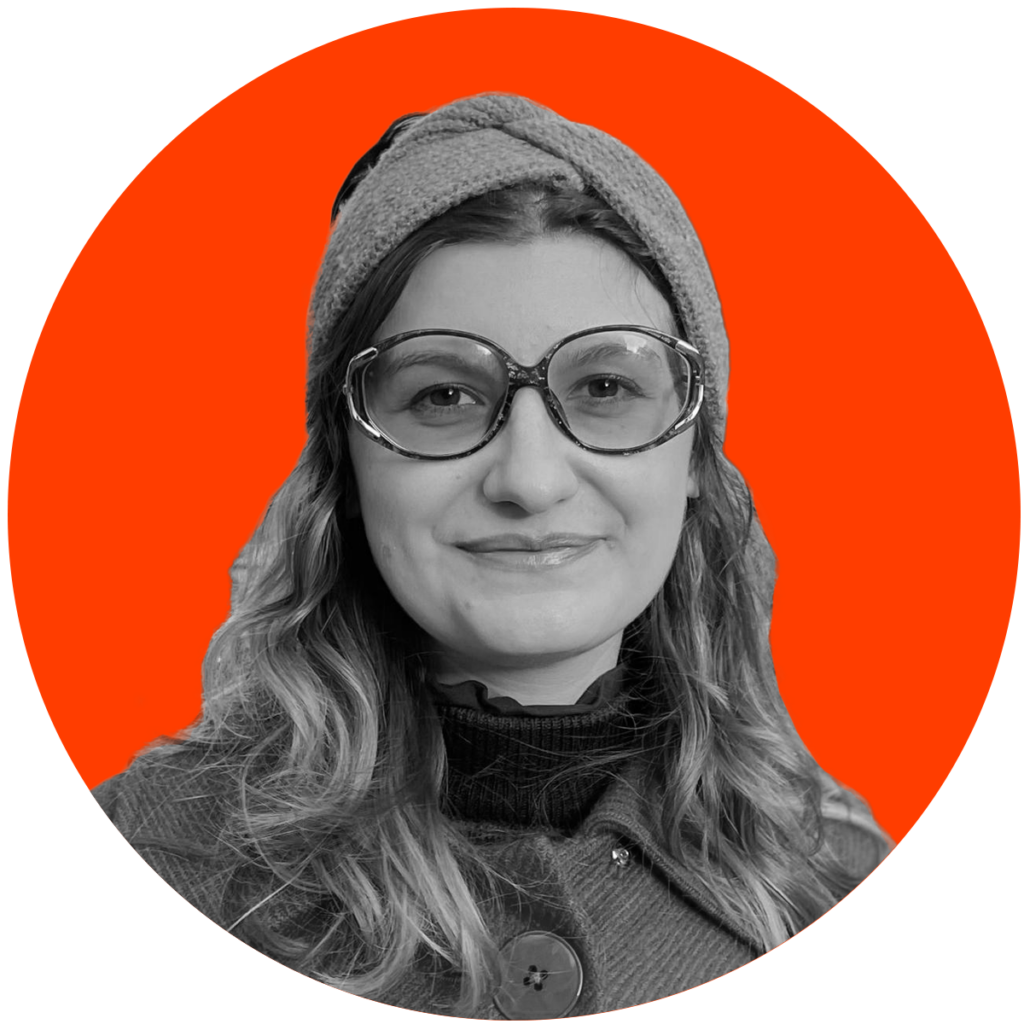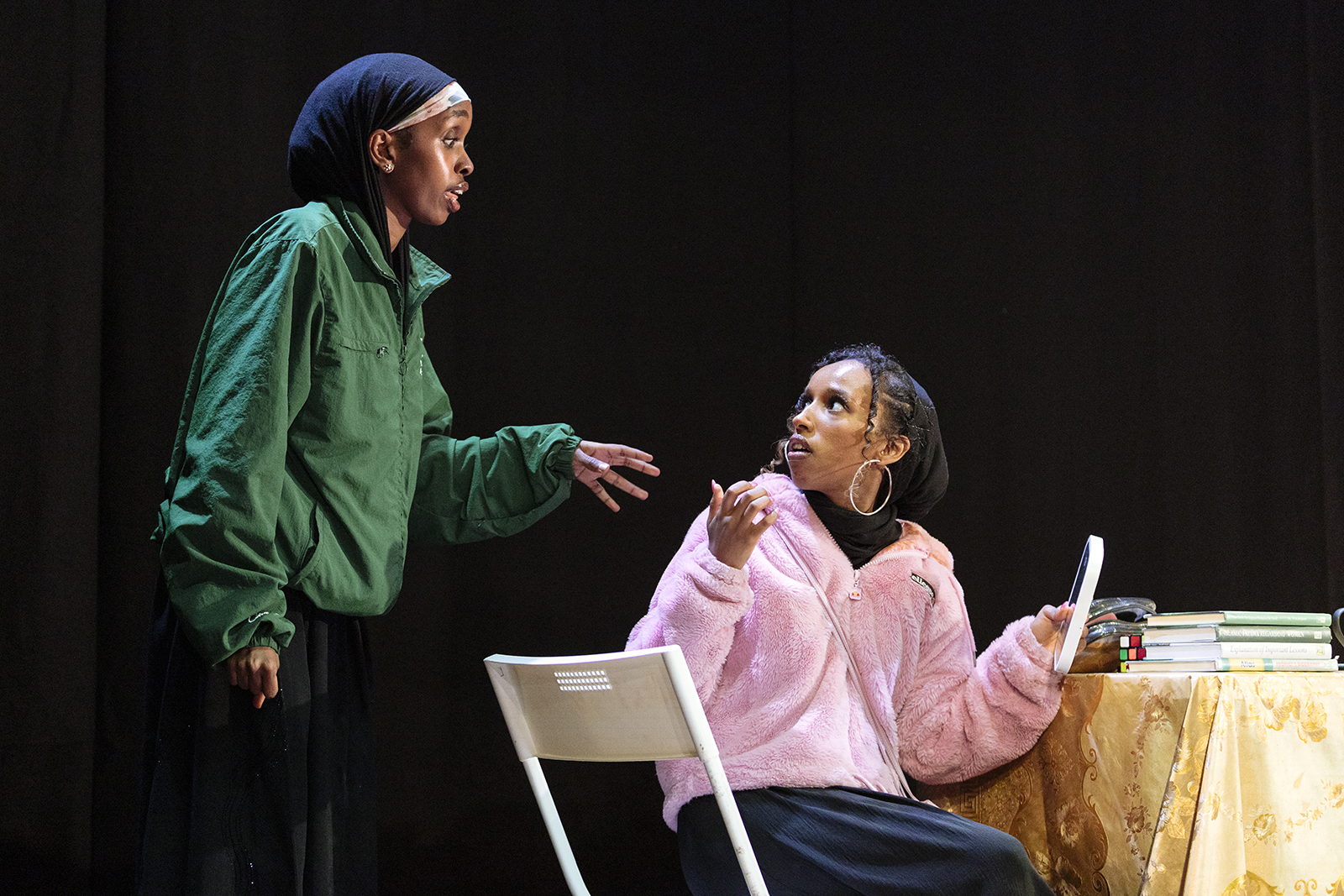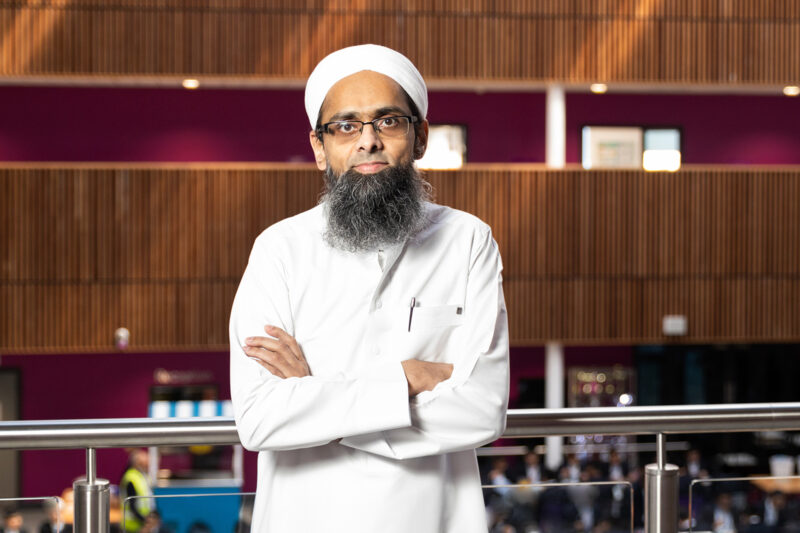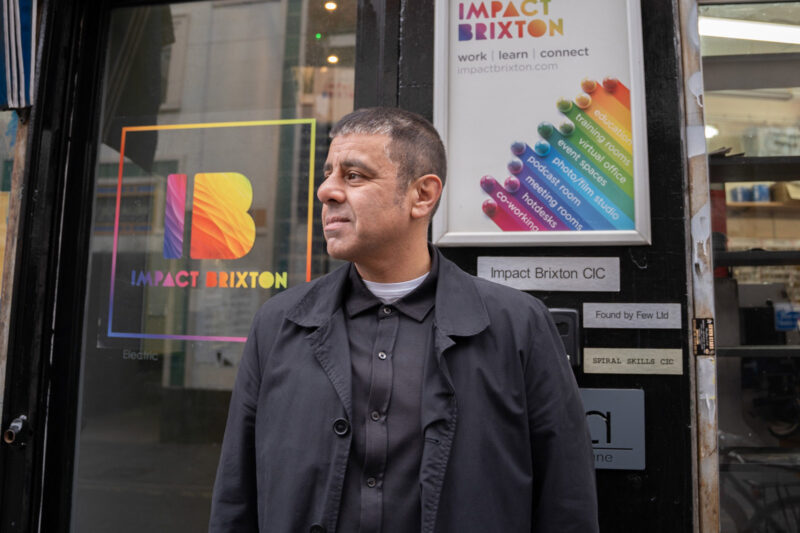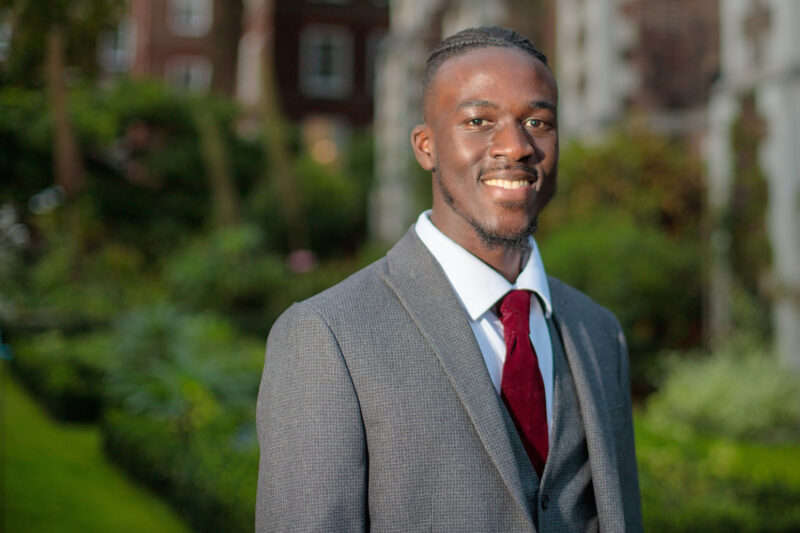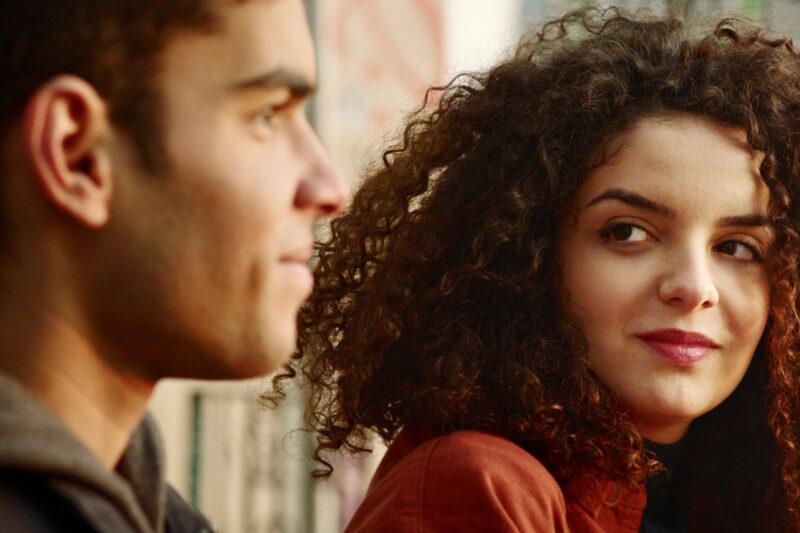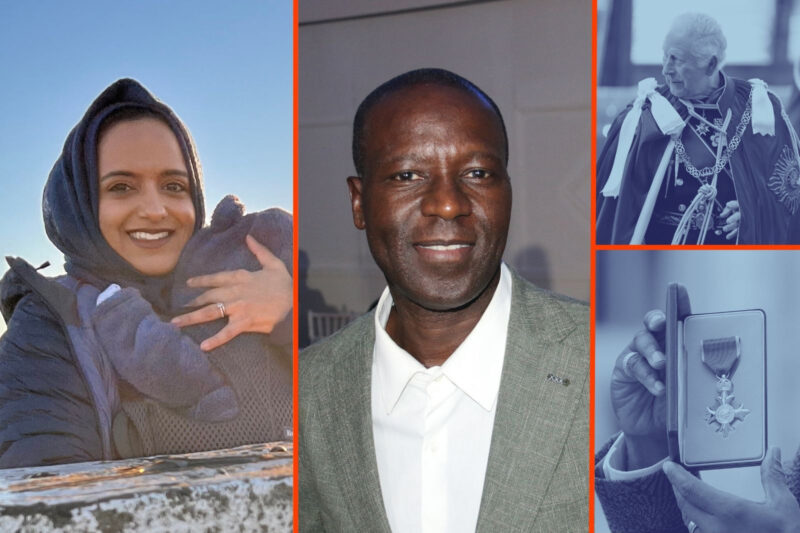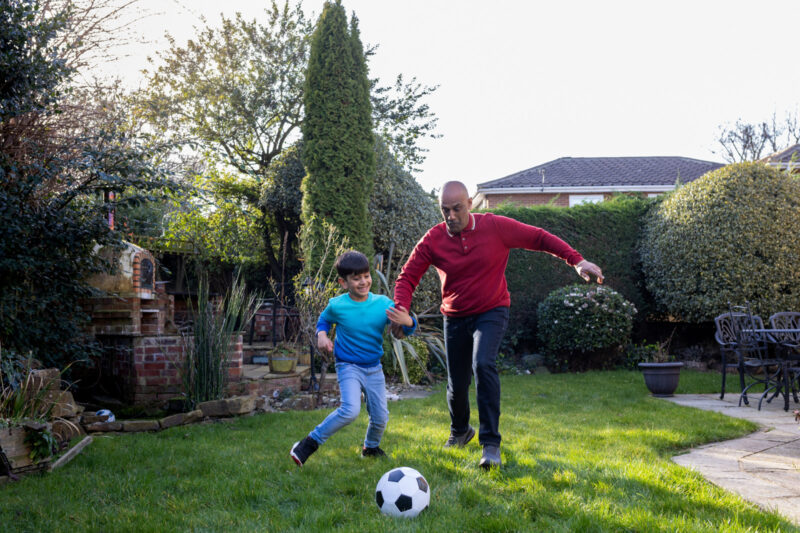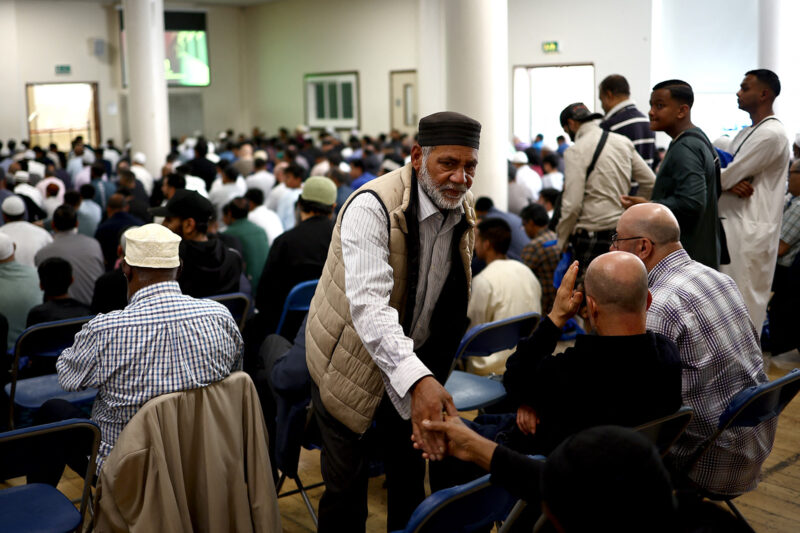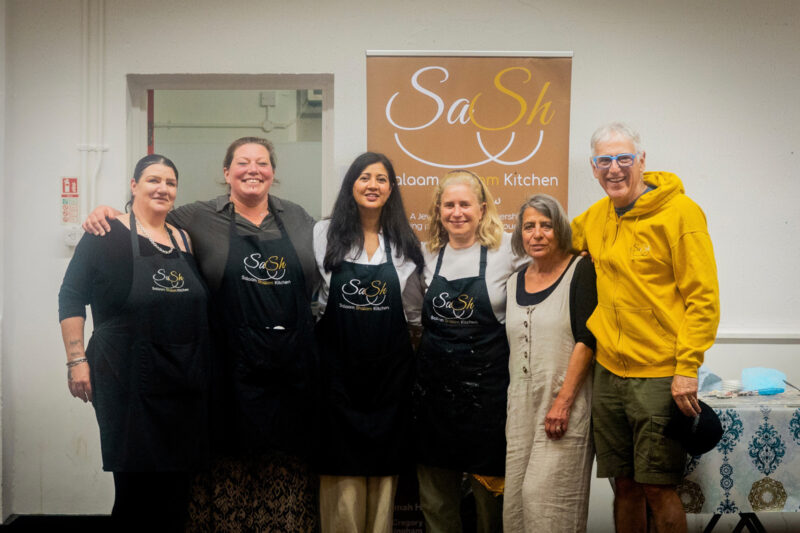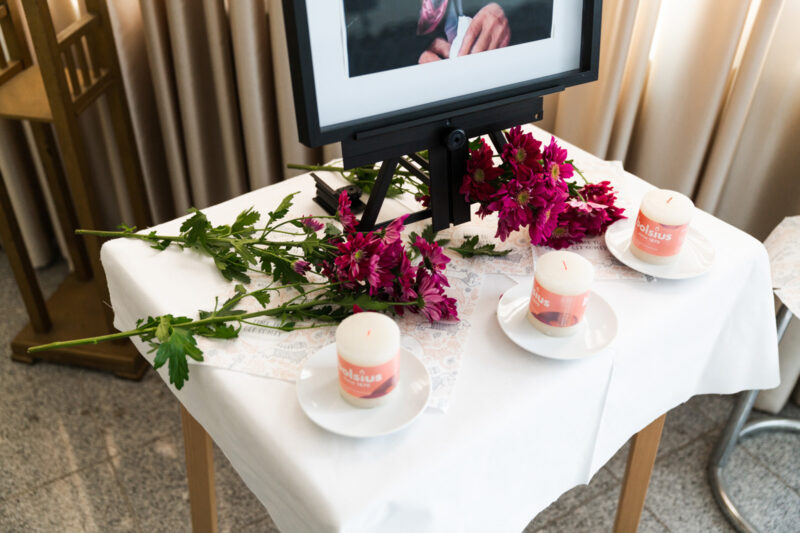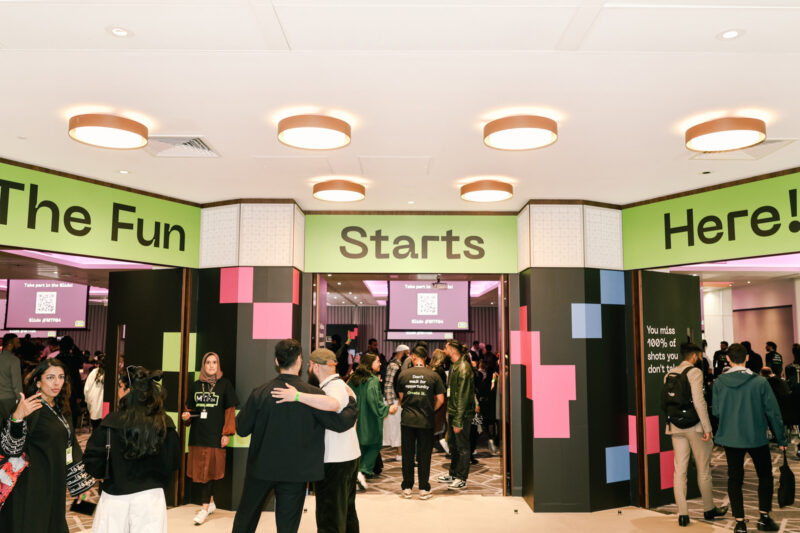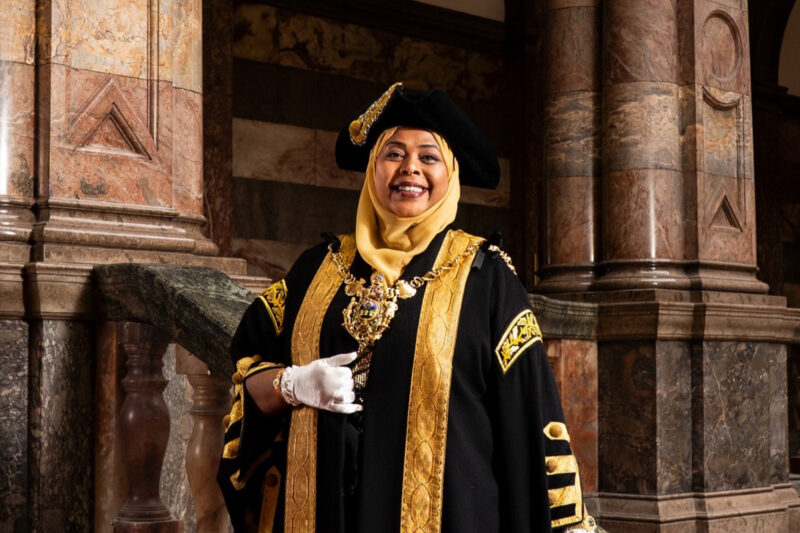Coming to a school near you, the Muslim charity training tomorrow’s film-makers

UK Muslim Film looks to expand after successful pilot in Cardiff teaching kids to tackle bias while shooting film and TV trailers
A groundbreaking Muslim-led film project in Cardiff that saw primary school kids shoot their own trailers while learning about media bias could be expanded across the UK — but must first secure the cash.
The one-day Young Imaginators programme was run at 12 primary schools in the Welsh capital by the charity UK Muslim Film between September 2024 and February 2025. It had the dual goals of nurturing tomorrow’s film-makers and breaking stereotypes in the media.
“Cardiff is where almost all the television studios in Wales are, but most children growing up in the area don’t even think that this can be a career open to them,” said Alan Thomas-Williams, a member of Cardiff council’s curriculum team, which co-ordinated the project in the city’s schools. “It’s still seen as a very white, middle-class profession.
“I hope that in a generation, kids here will be saying: ‘My dad worked down at the studios,’ instead of ‘down at the mines’.”
UK Muslim Film, whose registered office is in Kent, seeks to improve the representation of Muslims on screen. Funding for the Cardiff project came from the Welsh government and the charity Islamic Relief, alongside Watch Africa, Into Film Cymru and Screen Alliance Wales.
“The feedback we had from schools has been incredibly positive,” Thomas-Williams said. “Schools see the value of the programme. Kids have hands-on experience with actual industry kit and actual industry people — that’s the kind of opportunity that schools can’t facilitate themselves.”
The full-day workshops are divided into two parts. In the morning, children learn about media literacy and spotting stereotypes. In the afternoon, they have hands-on experience with filming their own trailer for a film or TV show.
“At first, we weren’t sure if there would be much interest in the project,” said Yeota Imam-Rashid from UK Muslim Film. “But within the first week we had all our spots booked out.
“We decided to target year 6 children with the workshop to plant a seed of interest in them early on. Children’s content has changed drastically over the last decade or two. There is a lot more representation than there used to be but children still don’t know how to talk about what they see on TV.
“We found that, when kids do learn a bit about stereotypes in school, it doesn’t always go as deep as what may be most useful to them. I think many teachers are completely overwhelmed with what they already need to do, so that’s where we come in.”
Mumina Khatun is UK Muslim Film’s programme and partnerships manager. “When I was in school, I didn’t even know what type of career in media was open to me,” she said. “And when you do enter the workforce, particularly mainstream TV or film production companies, it’s rare to see people like us. I think my generation would definitely have benefited from a workshop like this.”
Thomas-Williams said Cardiff council was eager to see the programme expand to more schools in September, including high schools. UK Muslim Film would also like to roll out the programme to more pupils across the whole of the UK, but needs funding first.
Imam-Rashid estimates that at least £15,000 would be needed to run another 12 workshops. The organisation is currently applying for grants from charities and government organisations.
“In the current climate, there isn’t really money flying around, particularly in education,” said Thomas-Williams.
But Imam-Rashid is confident. “We already have a waiting list of schools that wanted to get on the pilot. If we secure more funding we already have enough schools to book in for the next year or so,” she said.
 Newsletter
Newsletter

